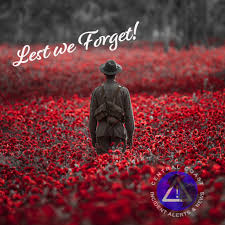
Understanding the Importance of Remembrance Day
Remembrance Day, observed on November 11th each year, holds significant importance in Canada as a day dedicated to honoring and remembering those who served in the armed forces. Particularly, it commemorates the end of World War I and pays tribute to the sacrifices made by veterans throughout all conflicts. Central to the day’s observances is the Moment of Silence, which serves as a solemn remembrance for fallen soldiers.
The Moment of Silence Tradition
On Remembrance Day, Canadians observe a two-minute silence at 11:00 AM local time, which corresponds to the 11th hour of the 11th day of the 11th month, marking the armistice signed in 1918 that ended the First World War. This silence is an opportunity for individuals across the nation to pause in reflection, pay respects, and express gratitude to the men and women who sacrificed their lives for freedom and peace.
Details of the Observance
The tradition of the Moment of Silence began in 1919, following the end of World War I. It has since evolved into a vital component of Remembrance Day services held across Canada, including ceremonies at war memorials, schools, and in private settings. At 11:00 AM, many public spaces observe the moment together, creating a nationwide expression of remembrance.
Canadians can participate in this observance whether attending a ceremony, joining remote tributes, or simply taking a moment at home to reflect. Organizations like the Royal Canadian Legion provide resources and event details for those looking to engage with local observances.
Significance of the Moment of Silence
This moment serves more than just the act of remembrance; it represents unity and shared values among Canadians. It reminds everyone of the costs associated with war and the ongoing need to support current veterans, their families, and active service members.
Conclusion
As Remembrance Day approaches, understanding the significance of the Moment of Silence at 11:00 AM local time is crucial. It is a powerful act that transcends individual communities, bringing Canadians together to reflect on their collective history and the meaning of sacrifice. As more people become aware of this important tradition, it fosters a deeper appreciation of those who fought and continue to fight for the peace and freedoms enjoyed today.